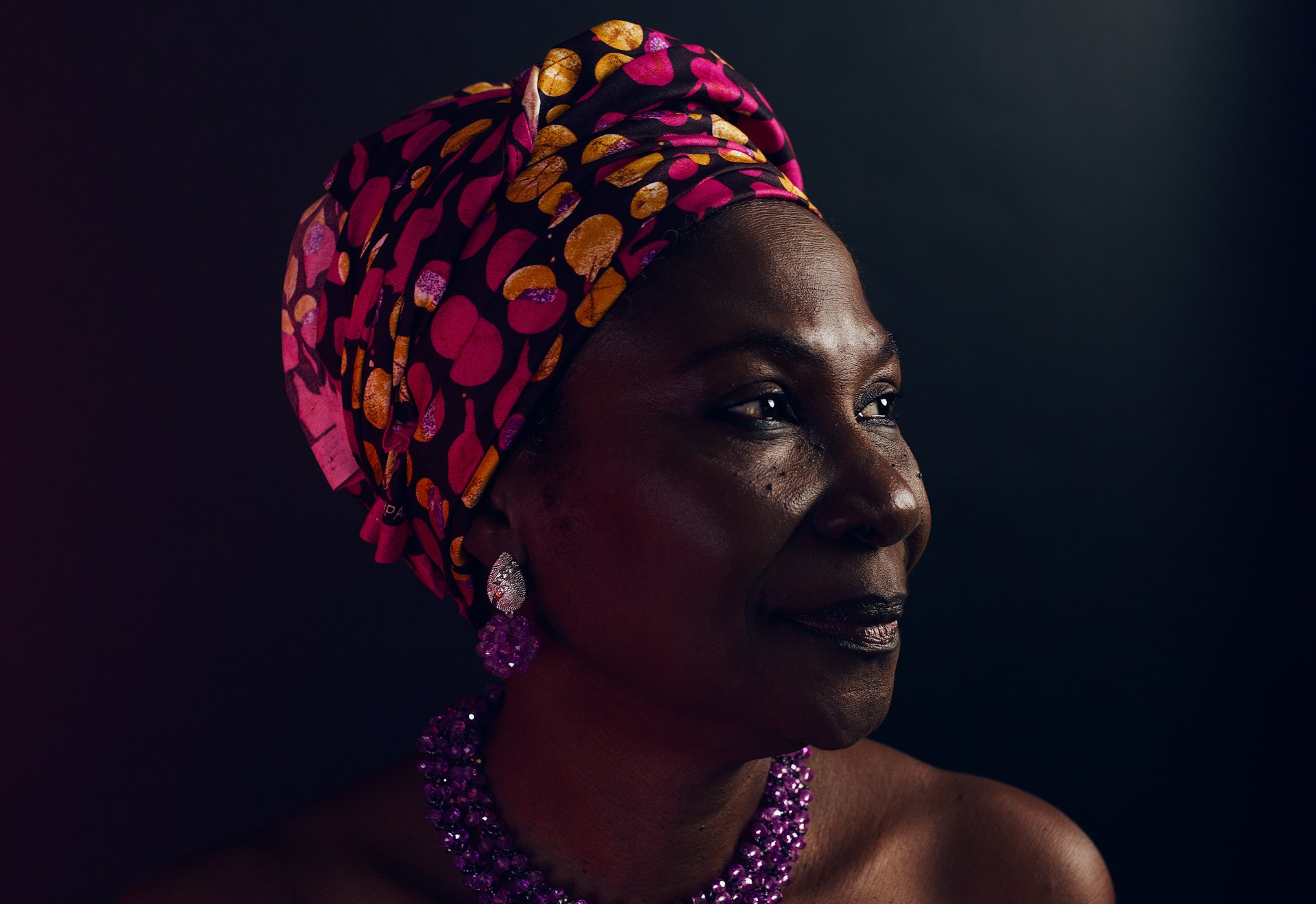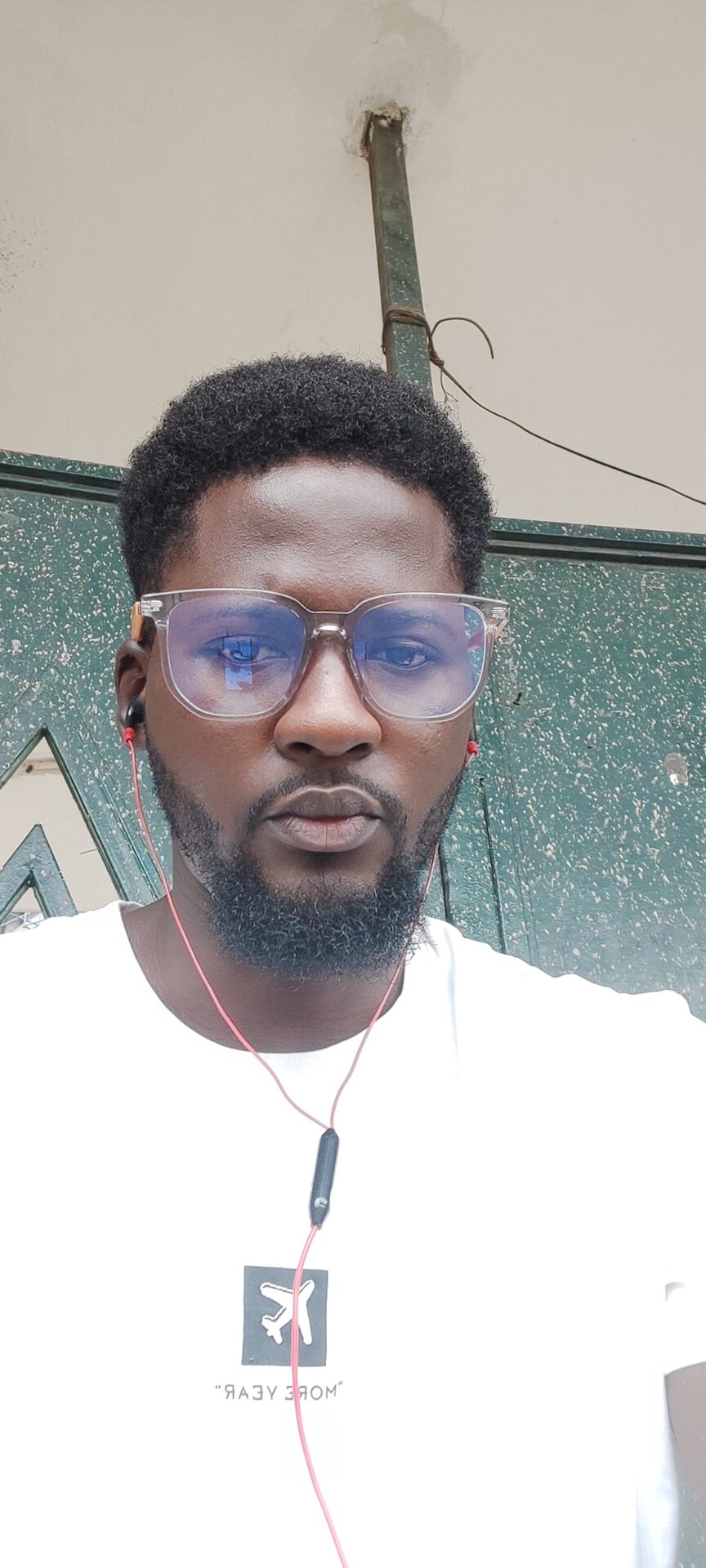
Top 30 Cartoon Characters That Were Villains
Our list rounds up the top 30 cartoon characters that were villains, each one more wonderfully wicked than the last.
Essays
African literature has, and will always be, a tool wielded actively and passively by authors for the purpose of inspiring change.

The greatest threat to freedom is the absence of criticism
The quote above by the great Wole Soyinka is the best possible preamble to this piece. In the African continent, literature has always been first and foremost about passing a deep message across, rather than just a recreational medium.
Through their narratives, African authors paint pictures of the real world. They tell of what is. And, in doing so, they show why it should not be.
This, more than anything else, is what makes African literature such a political genre. But is all African literature political? Should authors be political? And, if so, to what extent should they be?

Modern African history is synonymous with one word: colonialism. It’s hardly possible to hear any discourse on the topic without the word being mentioned several times. For many African countries, colonial history is the foundation of all social, cultural, historical, and economic struggles. And, the corresponding literature has always reflected this.
From Chinua Achebe and Wole Soyinka to Flora Nwapa, Ngũgĩ wa Thiong’o, and Buchi Emecheta, the themes in African literature have remained the same, with authors keen to take their stance on socio-political issues of the day.
Chinua Achebe’s eternal classic, Things Fall Apart, is, perhaps, the greatest depiction of the African colonial reality ever written. While several early works in the genre explored this dynamic, others quickly branched out into other matters, particularly feminism.
Contemporary African literature deftly received the baton passed on by the classical pioneers, and, most notably spearheaded by the Odeluwa, Chimamanda Ngozi Adichie, continues to propagate the same gospel, in more varying forms.
Whether it’s feminism, gender and sexuality, corruption, racism, genital mutilation, or war, African Literature has always been a political tool.
While some of the authors may be in denial of this, the recipients of their works, and the discussions around them, give away the truth: that there is a political motive behind all works of African literature.

According to the World Bank, Sub-Saharan Africa has the fastest-growing child population in the world, despite a weak education system whose demand is projected to increase, with almost 750 million children expected to be of school age by 2060.
With governments across the continent struggling to provide the infrastructure required to educate the huge population, literature has, in recent years, proved to be one of the most significant tools of education, especially in core socio-political matters.
In contemporary literature, books like Americanah, Tomorrow I Become a Woman, and Purple Hibiscus, among many others, have been catalysts for serious discussions in exclusively literary and general spaces. Even in otherwise mild literature, such as Damilare Kuku’s Only Big Bumbum Matters Tomorrow, there are still several allusions to feminist social concerns.
While the growth has been slow, the evolving reactions of reader audiences across physical and digital spaces are a reflection of the educational capacity of African literature storytelling, reflecting the political impact of African literary storytelling.

Arguably at par with themes of colonial dominance and legacies, feminism has formed the core of African literary narratives in recent years.
This trend, which began with classical equivalents in the form of Buchi Emecheta, Mariam Ba, Yvonne Vera, Margaret Ogola, and Delphine Zanga Tsogo, among several others, continues to be a primary theme in modern works.
Propelled by a predominantly female talent array, led by voices like Lola Shoneyin and Chimamanda Ngozi Adichie, African literature has, in contemporary times, centred around feminist narratives, with authors highlighting issues relating to domestic violence, female genital mutilation, pay gaps, misogyny, health, abuse, and several other affiliated prejudices.

African gender politics have always mirrored Western trends. As ideals abroad have slowly but surely morphed into an increasing acceptance of the full sexual orientation spectrum, African literature authors continue to depict the struggles of the queer community with a mostly homophobic African population.
In recent years, authors like Akwaeke Emezi and Eloghosa Osunde, in their works, consistently depict the often inhumane treatment that the LGBTQ community suffers, both at home and abroad. Books like Freshwater, Necessary Fiction, and Vagabonds! don’t only contain stories that show this harsh reality. They’re a rallying cry and a political message sent out that queer people exist, have rights like anyone else, but are still being treated as less than human.
Socio-political conflicts, including tribalism, racism, and various forms of prejudice, continue to be key themes in many works of African literature, classical and contemporary.
Books like Tomorrow Died Yesterday, The Son of the House, Homegoing, and The Five Sorrowful Mysteries of Andy Africa confront themes of violence, child slavery, migration, and systemic racism, respectively. The messages are subtle but clear, sparking relevant discussions and inspiring deeper probes for solutions.

The pioneers of African literature had strong political views that they projected through their written works. Apart from his picture of colonial Africa as depicted in Things Fall Apart, Chinua Achebe’s activism extended to his support of the Biafran secession in the lead-up to the Nigerian Civil War.
Beyond the pages, Chinua Achebe championed social justice with a brief involvement with the People’s Redemption Party (PRP). Despite leaving active politics soon after, his strong voice of activism never wavered.
Famously, he rejected national awards conferred on him by two separate Nigerian Presidents. The first, through an open letter to President Olusegun Obasanjo, inferred the “silence, if not connivance, of the Presidency” as the root cause behind a Nigeria whose socio-political condition was “too dangerous for silence.” The second was a shorter rehash of the first, where he stated that his original reasons for refusing a national award had not yet been addressed.

Wole Soyinka, Nigeria’s first-ever Nobel Prize winner, combined his erudite calling with neck-deep politics, championing human rights, standing against tyranny and dictatorship. For his efforts, he endured jail time during the Nigerian Civil War and enforced exile under the Abacha regime.
Like Wole Soyinka, Kenyan author Ngũgĩ wa Thiong’o was imprisoned for political reasons stemming from the themes in his works Petals of Blood and Ngaahika Ndeenda (I Will Marry When I Want), co-written with Kenyan-Zimbabwean playwright Ngũgĩ wa Mirii.
In contemporary times, Chimamanda Ngozi has been the beacon of light for issues in feminism and women’s affairs, not only in Africa but internationally. While she’s been less hands-on about her politics than the aforementioned literary pioneers, her impact has been no less profound.

There’s an argument for whether to separate the art from the artist. Even in genres and works that aren’t distinctly political, many are of the opinion that books should be seen exclusively in light of the aesthetic and literary value that they provide.
While authors of a different descent may have that luxury, African literature and its authors have, and will always be, political. To be born African is to be political, whether one is aware of it or not. The continent’s incredible prehistory, history, and contemporary circumstances mean that its creatives cannot help but channel their profound realities. It is the source of their creativity, after all.
Today, African authors may be unwilling to endure physical persecution, suffering torture and imprisonment for taking a stand for the ideals they propagate in their books. After all, not all of them are comfortable discussing their personal politics in public spaces.
But, whether actively or passively, the politics seeps into the minds of readers. And, for as long as books carry the names of their respective authors, it will always be impossible to separate the art from the artist.
As for whether African authors should be political or not, it can appear that there is a choice. However, it’s hard to deny that, even with the most comic-themed African literary works, there’s always more than a hint of politics.
Whether it’s about racism, gender, corruption, violence, or culture, all African literature and by extension its authors, by virtue of the very sources that inspire it, carry a spark of political ideology.
African literature has, and will always be, a tool wielded actively and passively by authors for the purpose of inspiring change.
Authors may choose to be vocal about it, or not. But their motives (whether conscious or not) will always be apparent. Like smoke, it is truly hard to conceal.

The Tyrant Overlord. Fantasy buff and avid football fan.

Our list rounds up the top 30 cartoon characters that were villains, each one more wonderfully wicked than the last.

DC is great at making comics and animated movies, while the MCU has the upper hand in its cinematic aspects

Discover the best apps to read books for free in 2025. Access thousands of free e-books and audiobooks on your phone or tablet. ...

There are some outright funny cartoon characters who exist solely to crack you up, loud, hard, and with zero apology.

Things Fall Apart is for the colonizers as well as the colonized, helping to understand the role of colonialism in the realization...

While many of the Nollywood movies on our list are quite old, it’s a testament to the capabilities of the industry’s p...

While this isn’t an exhaustive list, it comprises some of the most popular mythical creatures from around the world.